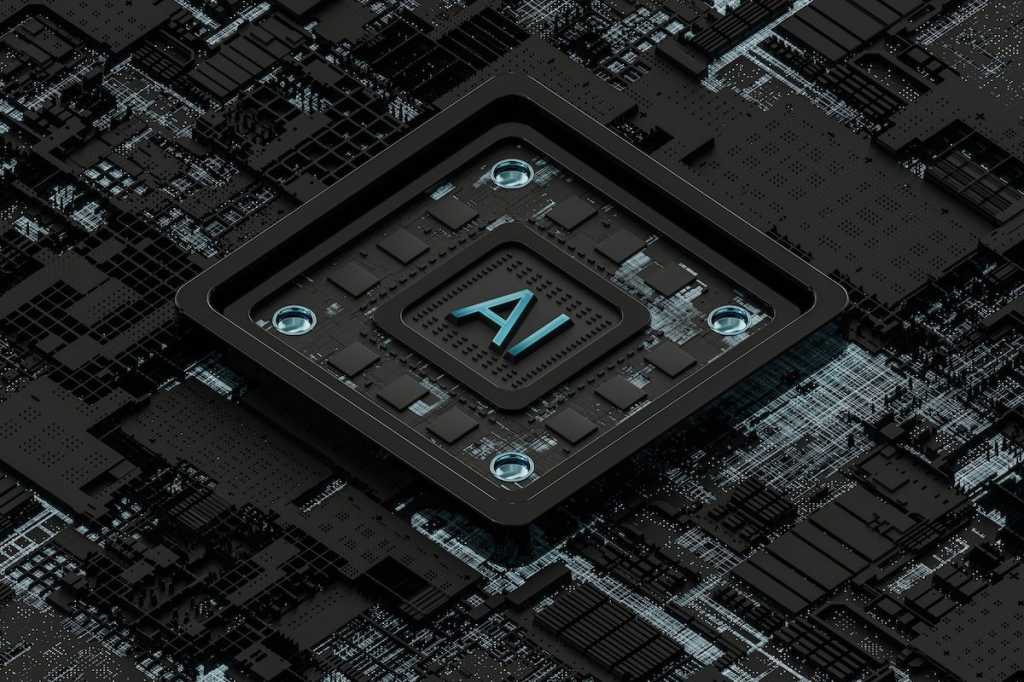For example, MSI’s latest AI engine recognizes your laptop activities and automatically adjusts the battery profile, fan speed, and screen settings to suit your task. When you’re gaming, it boosts performance to the max; switch to working on Word documents, and it dials everything back.
AI on the go
The local AI trend isn’t limited to PCs. For instance, Google’s Pixel 8 and Pixel 8 Pro smartphones are equipped with the Tensor G3 chip, which Google claims sets the stage for on-device generative AI. This technology already supports AI-driven functionalities like audio summarization in the Recorder app and intelligent response generation in the Gboard keyboard. However, despite these advances, such hardware is currently not capable of running extensive AI models like Google’s Bard AI, Copilot, or ChatGPT locally. Instead, these devices run more compact models.
One benefit of local AI processing is that it could enhance cybersecurity. Cybersecurity consultant John Bambenek pointed out that a significant risk companies encounter when integrating AI into intellectual property tasks is managing data flow and access.
“We’ve seen enough third-party breaches of cloud services to know that even with promises, the data can be lost,” he added. “If organizations can do Microsoft’s Copilot AI locally, the CISOs still feel they have control of their data, and it will remove what is likely the largest barrier to adoption that exists.”

